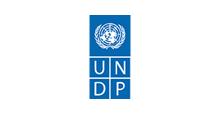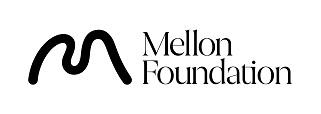
Edgar Fred Nabutanyi holds a PhD from the English Department, Stellenbosch University. He is currently a Senior Lecturer in the Department of Literature, Makerere University. While his teaching interests are in Children’s Literature, Critical Theory, Practical Criticism, and Media Studies, his research interests converge around issues of public discourses in the public sphere regarding how these channels — fiction and media — are subverted and assimilated by vulnerable and minority subjectivities for self-enunciation. The central thesis of his research is that vulnerable minorities like children, women, ethnic and sexual minorities stealthy reconfigure the public sphere with such illocutionary force to make their issues matter and transform their lives from mere statistical footnotes to critical societal issues. He is also interested in how new media are disrupting literature in interesting ways — such as providing new avenues of consuming literature, but also subverting the literary canon.
The scholarly agenda of this research project is to explore how student writers who published literary works in the Makerere University Literature Department’s periodical — Penpoint — enacted perfect snapshots of Ugandan cultural and socio-political life of the 1960s. Envisioned as the training ground of future writers, literary magazines such as Penpoint provide a professional space for student writers to not only try out their thematic ideas and stylistic innovations, but most importantly also to utilise their creative fiction into capturing portraits of cultural and socio-political life of their respective societies. Thus, it is paradoxical that while their education — modelled around the Oxbridge curriculum anticipates an aesthetic and subject matter that is Eurocentric in inclination — sought to produce glorified clerks, Makerere University’s Penpoint availed them an opportunity to deploy innovative linguistic and literary devices to produce art that brilliantly captured the pulsating life of the new Ugandan nation in all its various forms in the 1960s. This makes the work published in Penpoint a poignantly unique archive of postcolonial Ugandan essence. This is because Penpoint empowered this cohort of writers to engage with the material reality in Uganda of the 1960s. Foregrounding Michel de Carteau’s observation in The Practice of Everyday Life that peripheral subjects often subvert the power and ideology of their oppressors to claim their agency, I seek to explore three objectives in this project, namely a) how do student writers published in Penpoint use their fiction to snap realistic images of the cultural realities of 1960s Uganda, b) interrogate how in the words of Achebe, the works of this cohort of writer capture the postcolonial moments when “the rain began to beat Uganda” into political violence and c) examine how the texts published in this premier Makerere Literature Department’s periodical chronicled the social life of post-independence Uganda.









